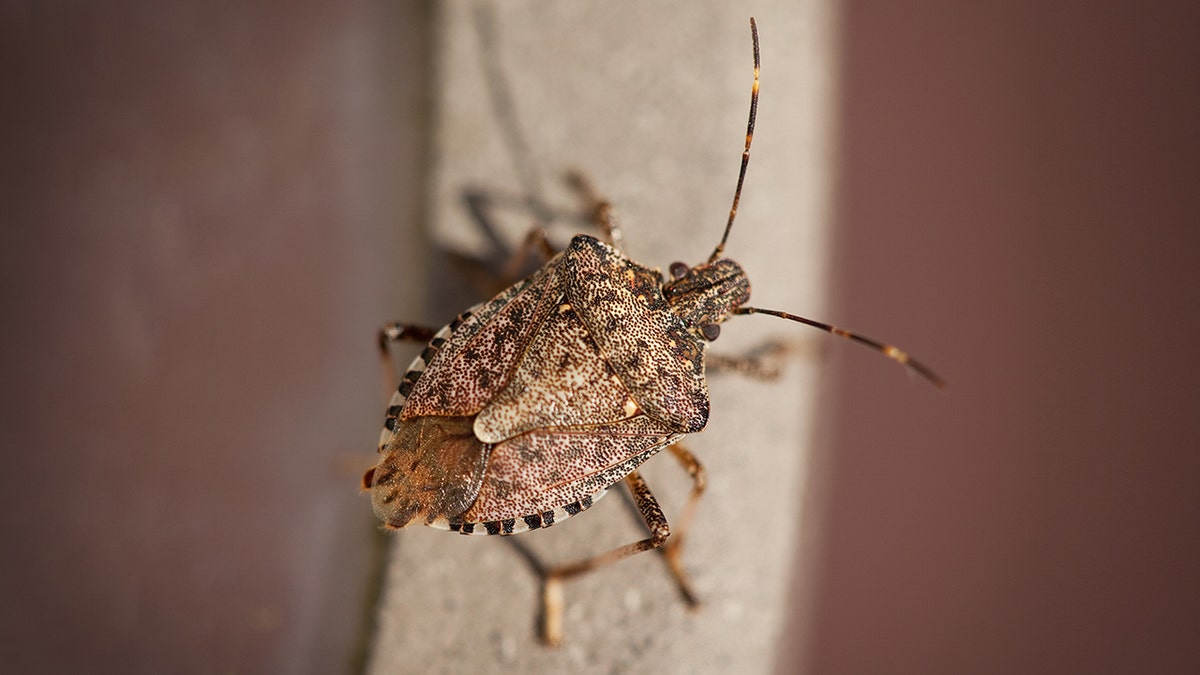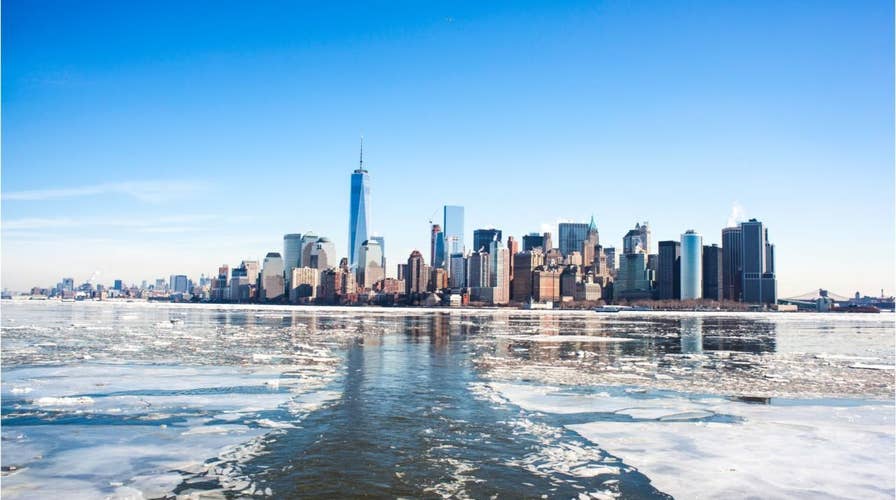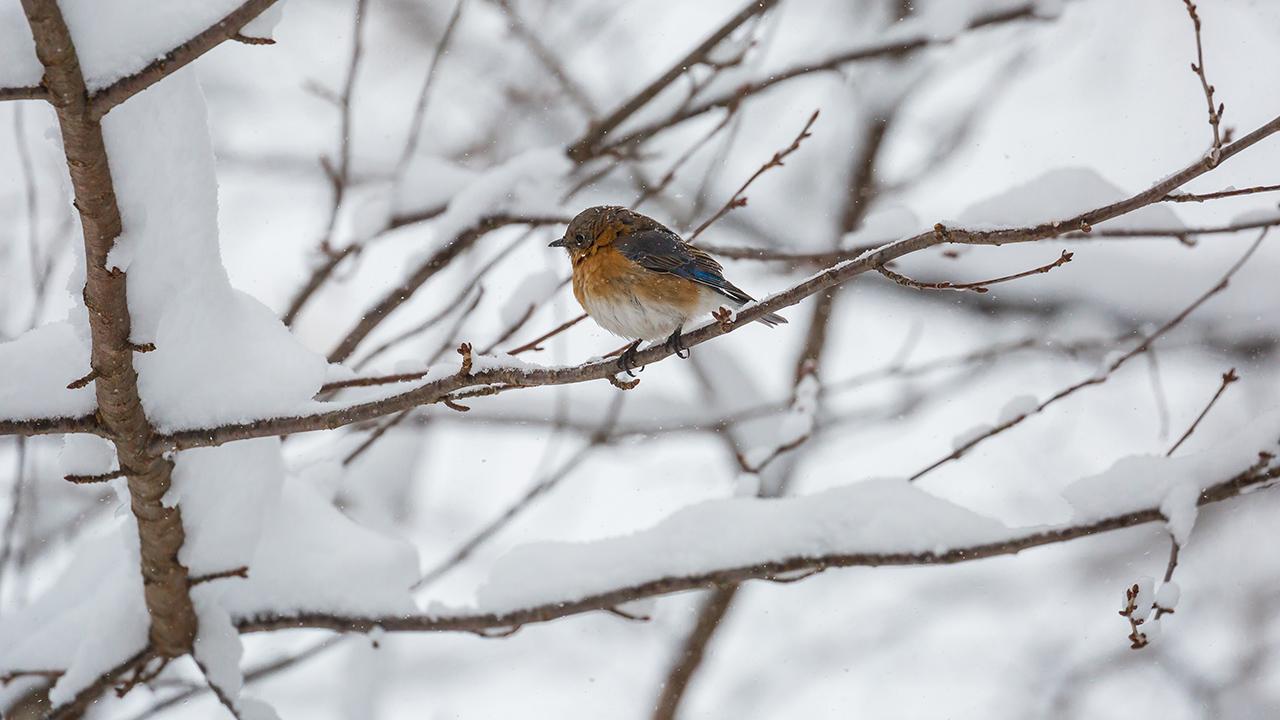What is a polar vortex?
The polar vortex could sweep across the east coast this winter, bringing with it harsh conditions, climate scientists have warned.
The intense polar vortex that blanketed the Midwest and made its way to the East Coast with deadly subzero wind chills and snow may have had one benefit: killing off some bad bugs.
The dangerous cold snap caused more than two dozen weather-related deaths in eight states and hundreds of injuries, including frostbite, broken bones, heart attacks and carbon monoxide poisoning.
But the bitter cold across the Midwest also may have some harmful, invasive species, according to the National Pest Management Association.
“While most insects will be equipped to survive a short period of very cold weather, like the recent polar vortex, it’s likely some will die from this extreme weather event,” said Dr. Brittany Campbell, entomologist with the NPMA, told AccuWeather.
A Virginia Tech research experiment during the 2014 polar vortex estimated that the bitter cold may have killed as much as 95 percent of stink bugs that hadn't found shelter, the Washington Post reported at the time.

This year's polar vortex may have killed as much as 95 percent of stink bugs that did not find shelter. (iStock)
Other invasive species in the Northeast, such as the emerald ash borer and southern pine beetle, also are not likely to survive the winter cold.
"Also, even if adult pests freeze, they may have already laid eggs which will hatch when the weather warms," the organization said.
POLAR VORTEX REPORTEDLY CAUSES ‘FROST QUAKES’ IN CHICAGO: WHAT IS THE GEOLOGICAL PHENOMENON?
Some insects are able to withstand temperatures well below zero, with the limit for many insects that can “superfreeze” being typically around negative 30 degrees, according to AccuWeather.
CLICK HERE FOR THE FOX NEWS APP
That includes cockroaches and bed bug populations in places like New York City, which would not be affected by the cold.
“It’s difficult to determine the species that would be most impacted, considering many of the insects in northern regions are equipped to handle freezing temperatures,” Campbell told AccuWeather
The Associated Press contributed to this report.










































